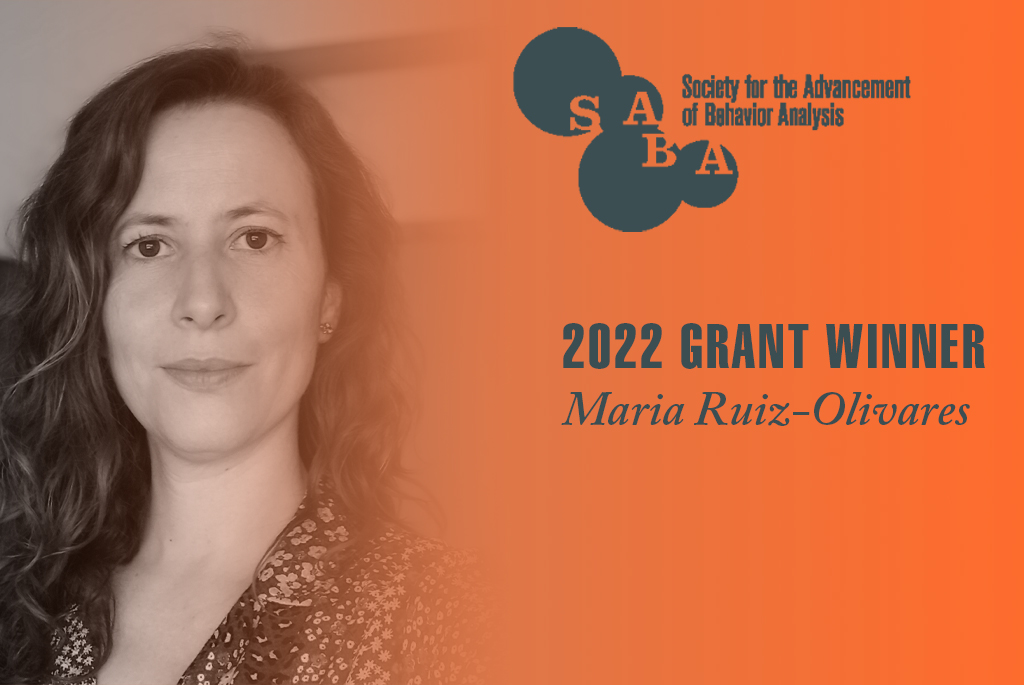School Behavior Analysis Unit

By Maria Ruiz-Olivares, 2022 awardee of an International Development Grant
It is common to hear teachers complaining and making negative comments about their students’ behaviour in the classroom. This situation produces feelings of frustration and discomfort among teachers, and poor academic performance among pupils, among others. The lack of training in applied behaviour analysis among teachers implies that they frequently apply punitive measures that are maintained by negative reinforcement.
The aim of this project is to create a School Behaviour Analysis Unit (UACE) that supports schools through research, prevention and intervention to manage the behaviour of their students. In other words, the aim is to provide teachers with the necessary resources to learn how to manage the behaviour of their pupils using strategies based on applied behaviour analysis (such as the Good Behaviour Game; or Check in-Check out). This will have a positive effect on the behaviour of the teacher, which in turn will have a positive effect on the behaviour of their students, thus improving not only the classroom climate, but also the teaching-learning process.
The UACE will be based on 3 fundamental pillars. Firstly, research, being an opportunity, not only to transfer knowledge, but also to continue research in this line. Secondly, prevention, another important pillar of this unit. Training will be offered to people or educational centres interested in improving their daily classroom practice with the aim of preventing further behavioural problems in students. Finally, research and prevention cannot be understood without intervention. It will establish the necessary steps to improve the work of all teachers who want to learn how to manage the behaviour of their students and thus improve their daily practice in the school and in the classroom through training and research.
The impact of this proposal is expected to be high. If the results are positive, it is likely to expand exponentially at regional, national and international levels. Thanks to the support received from the Society for the Advancement of Behavior Analysis (SABA), (International Development Grant), this project will improve the work of many teachers.


